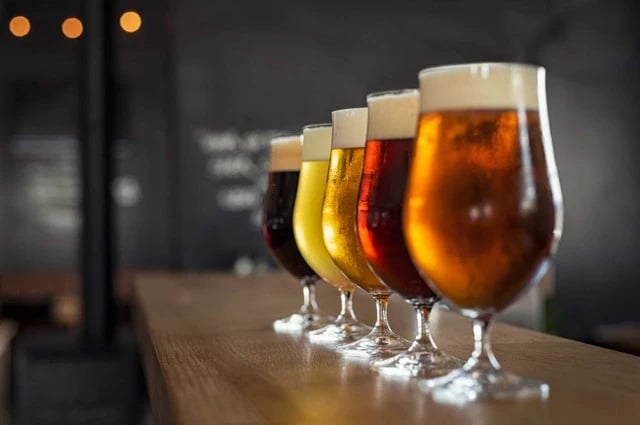Associate Professor - Doctor - Doctor Lam Vinh Nien, Head of the Department of Nutrition - Dietetics, University of Medicine and Pharmacy Hospital, Ho Chi Minh City, answered: Endogenous alcohol is alcohol present in body fluids, including blood, not originating from alcoholic beverages but from the body's own spontaneous, automatic formation processes.

Endogenous alcohol is alcohol that does not originate from alcoholic beverages but is formed by the body's own spontaneous, automatic processes.
Alcohol (ethanol) is formed in the human body from acetaldehyde through many processes. This amount of alcohol can be formed from the fermentation of carbohydrates in the intestine due to the action of resident intestinal microflora. This process is also known as auto-alcohol syndrome.
Depending on the measurement method, however, endogenous alcohol in the blood is generally detected at very low concentrations, even below the detection threshold of the device, and can vary according to the pathological condition. Low concentrations of ethanol at this level are thought to have no effect on brain function.
According to the health website Healthline , the cause of auto-alcohol syndrome is mostly due to too much yeast such as candida albicans, candida glabrata, torulopsis glabrata, candida krusei, candida kefyr, saccharomyces cerevisiae... residing in the intestines.
Both adults and children can develop autogenous alcohol syndrome. Infants and toddlers are at even higher risk if they have short bowel syndrome.
Readers can ask questions to the Doctor 24/7 column by entering comments below the article or sending them via email: [email protected] .
Questions will be forwarded to doctors, experts... to answer for readers.
Source link




































































































Comment (0)